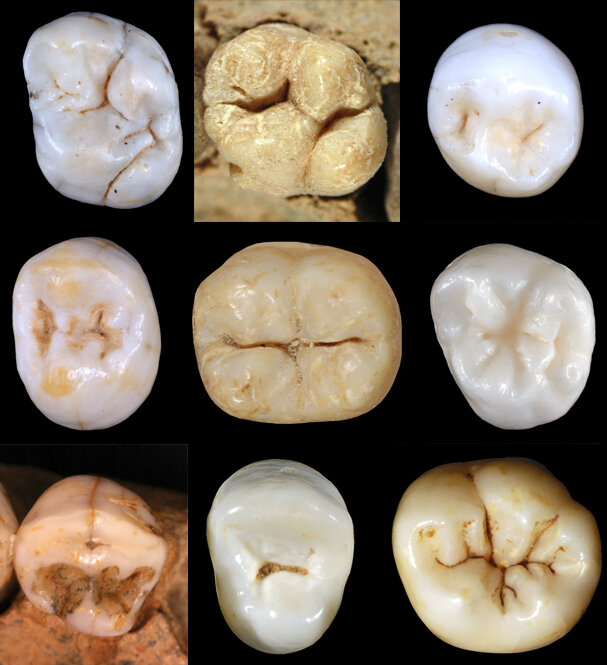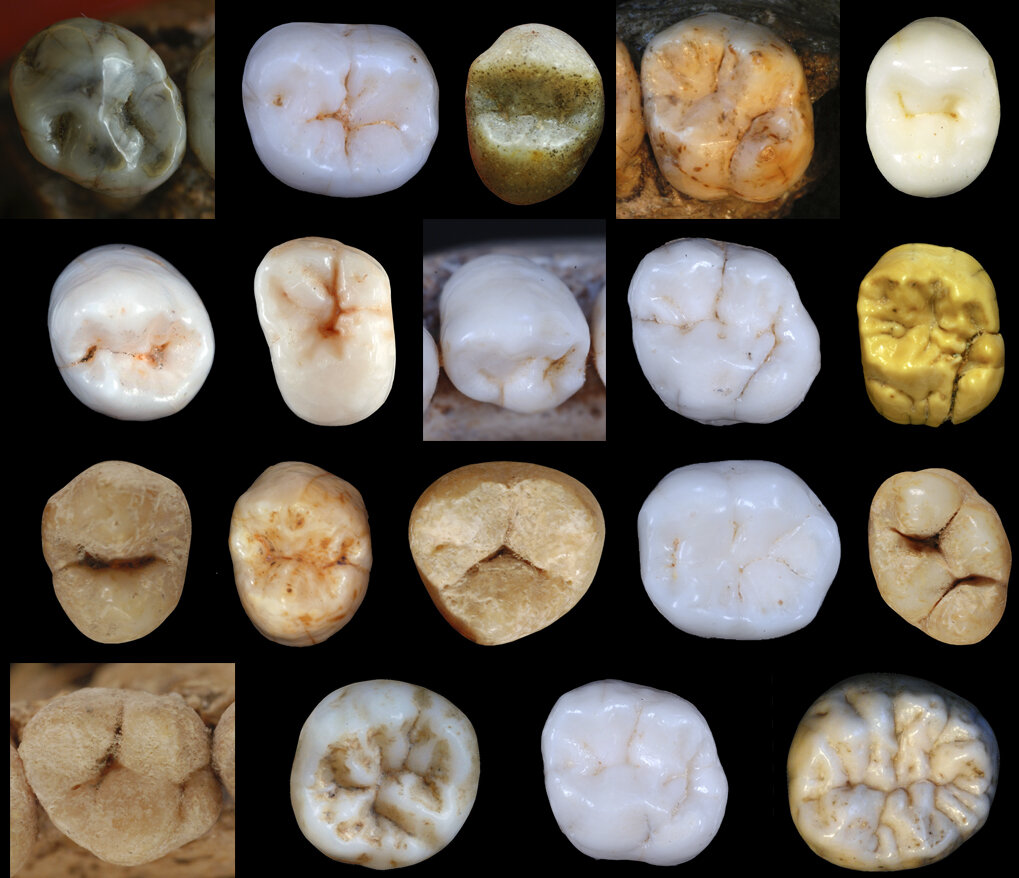Recent research conducted by a team of anthropologists at University College London (UCL) has provided fresh insights into the divergence between Neanderthals and modern humans. Contrary to previous DNA-based estimates, which proposed a relatively recent split between the two lineages, this study indicates that Neanderthals and modern humans may have diverged much earlier—potentially more than 800,000 years ago.
The study, published in Science Advances, focused on analyzing dental evolutionary rates across various hominin species, with a particular emphasis on early Neanderthals. Researchers examined fossils from Sima de los Huesos, a cave site in the Atapuerca Mountains of Spain, where nearly 30 individuals have been discovered. These fossils, dating back to around 430,000 years ago, offer valuable insights into the early stages of Neanderthal evolution.

Dr. Aida Gomez-Robles, from UCL’s Department of Anthropology, explained that the divergence time between Neanderthals and modern humans must have occurred earlier than previously thought in order to account for the observed dental evolution in the early Neanderthals from Sima de los Huesos. This challenges the conventional timeline proposed by ancient DNA analyses, which suggested a divergence of around 300,000 to 500,000 years ago.
The unique dental characteristics of the Sima de los Huesos hominins, including their small posterior teeth resembling those of classic Neanderthals, provide crucial clues about their evolutionary history. These traits likely evolved gradually over time, diverging from the larger and more primitive teeth of their common ancestor with modern humans.
The study employed quantitative methods to measure the evolution of dental shape across different hominin species, considering various divergence times between Neanderthals and modern humans. By accounting for uncertainties in the evolutionary relationships between hominin species, the researchers were able to refine their estimates of the divergence time.
The implications of this research extend beyond the realm of dental morphology. By pushing back the estimated divergence time between Neanderthals and modern humans to at least 800,000 years ago, the study narrows down the search for the last common ancestral species shared by both lineages. It effectively rules out any groups postdating this timeframe, offering valuable insights into our shared evolutionary history.
Source: University College London
